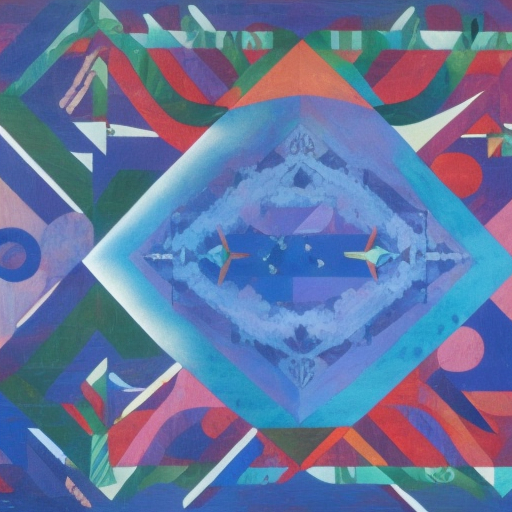One-line Summary:
Argentina, 1985 by Santiago Mitre
Argentina, 1985 is a political drama film directed by Santiago Mitre. The movie explores the complex world of Argentine politics during the mid-1980s, focusing on the intense power struggles and personal sacrifices made by those involved. Through its compelling narrative and strong performances, the film offers a thought-provoking examination of the intersection between personal ambition and political ideals.
Main Cast and Crew:
- Director: Santiago Mitre
- Writer: Santiago Mitre
- Key Actors: Ricardo Darín as Hernán Blanco, Dolores Fonzi as Marina Blanco, Erica Rivas as Paula, Gerardo Romano as Norberto, Paulina García as Luisa Cordero, Alfredo Castro as President of Chile
- Music Director: Alberto Iglesias
- Director of Photography: Javier Julia
- Producers: Agustín Almodóvar, Pedro Almodóvar, Hugo Sigman, Matías Mosteirín
Plot:
Argentina, 1985 follows Hernán Blanco, a seasoned politician who is chosen to represent Argentina at an important international summit. As the president of Argentina, Blanco is tasked with negotiating a crucial trade agreement with Chile. However, as the summit progresses, Blanco finds himself caught in a web of political intrigue and personal dilemmas.
Throughout the film, Blanco’s relationships with his family and colleagues are tested. His daughter Marina, who works as his personal assistant, struggles with her own ambitions and the pressure of being the daughter of a powerful politician. Meanwhile, Blanco’s loyal aide Paula tries to navigate the treacherous waters of political backstabbing.
As the negotiations intensify, Blanco must confront his own demons and make difficult decisions that will shape the future of his country. The film explores themes of power, loyalty, and the sacrifices one must make in the pursuit of political success.
Themes and Motifs:
Argentina, 1985 delves into the complexities of politics and power dynamics. It examines the personal sacrifices and moral compromises made by politicians in their quest for influence and control. The film also explores the impact of political decisions on personal relationships and the toll it takes on individuals and their families.
The motif of secrecy and hidden agendas is prevalent throughout the film. Characters constantly navigate a world where alliances can shift in an instant and trust is a rare commodity. The film also highlights the role of the media in shaping public opinion and the manipulation of information for political gain.
Reception and Legacy:
Upon its release, Argentina, 1985 received critical acclaim for its compelling storytelling and strong performances. It was praised for its nuanced portrayal of the political landscape and the moral dilemmas faced by its characters. The film went on to win several awards, including the Best Director award at the San Sebastián International Film Festival.
Argentina, 1985 has left a lasting impact on the political drama genre in cinema. It serves as a reminder of the complex nature of politics and the personal sacrifices made by those in power. The film’s exploration of power dynamics and moral compromises continues to resonate with audiences, making it a significant contribution to Argentine cinema.
Recommendation:
Argentina, 1985 is a must-watch for fans of political dramas and those interested in exploring the intricate world of politics. With its compelling narrative, strong performances, and thought-provoking themes, the film offers a captivating and insightful look into the personal sacrifices made in the pursuit of political power.
Memorable Quote:
“Power is a game of shadows, and we are all just actors on its stage.”












